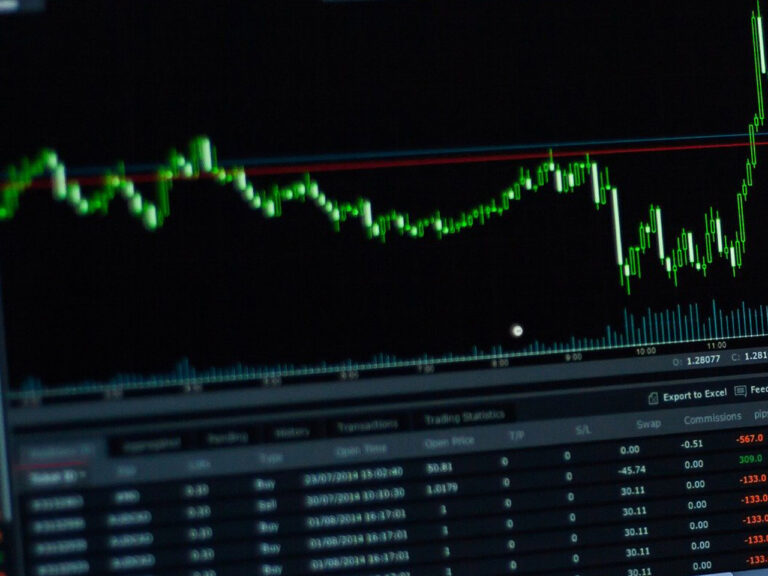Unilever PLC, a stalwart in the consumer defensive sector, continues to demonstrate resilience amidst market volatility. With a market capitalisation of $115.17 billion, this UK-based behemoth operates in diverse regions, from Asia Pacific to the Americas, offering a wide array of household and personal products. As individual investors consider their portfolios, Unilever’s current performance and strategic positioning merit a closer examination.
Currently trading at 4,695 GBp, Unilever’s stock price remains within its 52-week range of 4,224.00 to 5,034.00 GBp. Although the price has seen a minor change of -17.00 (0.00%), the stock’s stability is noteworthy, providing a potential safe haven for risk-averse investors. The company’s return on equity is particularly impressive, standing at 29.41%, reflecting efficient management and robust profitability.
Unilever’s diverse product portfolio spans five segments: Beauty & Wellbeing, Personal Care, Home Care, Foods, and Ice Cream. This diversification ensures a broad consumer base and mitigates risks associated with fluctuations in individual product segments. Key brands like Dove, Knorr, and Magnum continue to resonate strongly with consumers worldwide, underpinning steady revenue streams.
Despite some valuation metrics not being readily available, the forward P/E ratio is notably high at 1,499.89, suggesting market expectations of significant earnings growth. However, potential investors should weigh this against the company’s modest revenue growth rate of 1.60%. Unilever’s free cash flow of over £6.3 billion underscores its capacity to sustain operations and invest in growth opportunities.
For income-focused investors, Unilever offers a dividend yield of 3.20%, with a payout ratio of 75.70%. This indicates a commitment to returning capital to shareholders, albeit with a significant portion of earnings being distributed as dividends. Such a yield is attractive in a low-interest-rate environment, providing a steady income stream.
Analyst ratings reflect a mixed sentiment, with 10 buy, 5 hold, and 3 sell recommendations. The average target price of 4,854.13 GBp suggests a modest potential upside of 3.39%, indicating room for growth but also highlighting the importance of careful market timing.
Technical indicators present a nuanced picture. The 50-day and 200-day moving averages—4,648.16 GBp and 4,674.83 GBp, respectively—suggest the stock is trading close to its short-term trends. However, a relative strength index (RSI) of 75.28 signals that the stock may be overbought, warranting cautious optimism.
Unilever’s strategic initiatives, such as its focus on sustainable products and digital transformation, continue to bolster its long-term growth prospects. The company’s global reach and brand strength provide a solid foundation for weathering economic uncertainties.
As individual investors assess their portfolios, Unilever PLC stands out as a resilient entity within the consumer defensive sector. Its stable dividend, robust cash flow, and diverse product offerings make it a compelling consideration for those seeking both income and growth potential. While the current valuation metrics require careful interpretation, the company’s long-term prospects remain promising in a dynamic market landscape.






































